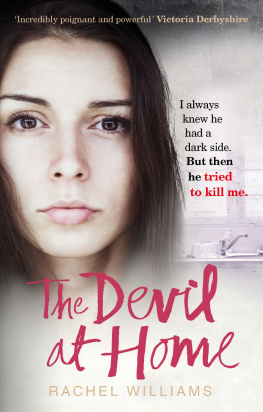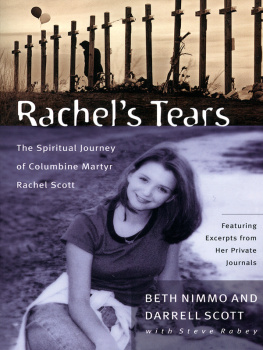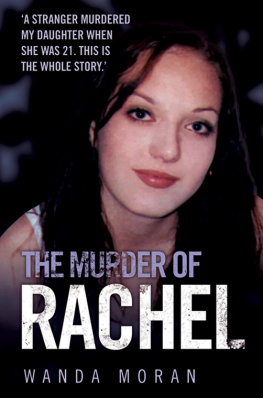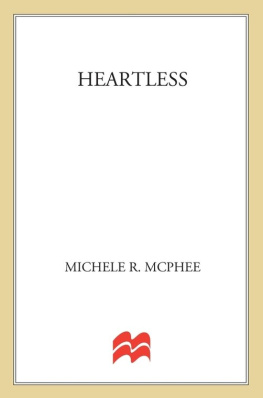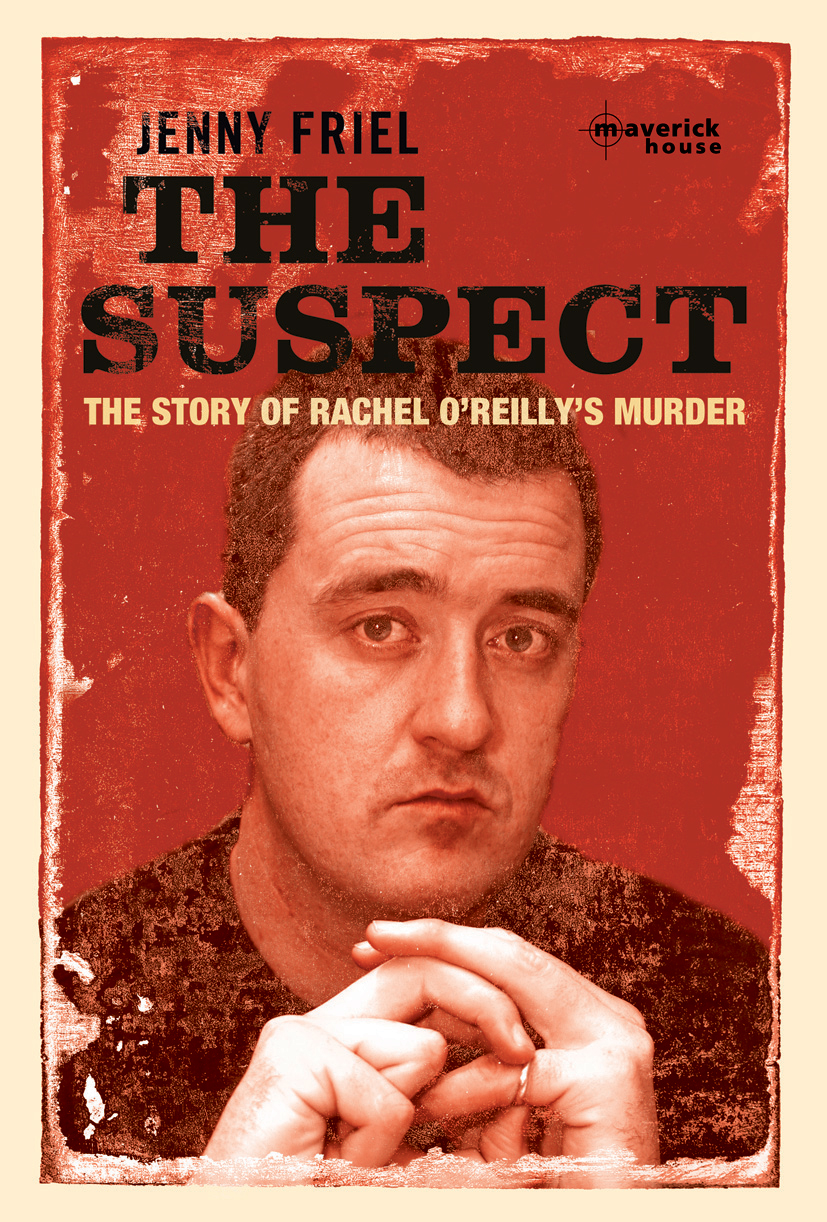ID LIKE TO thank my bosses at the Irish Mail on Sunday Paul Drury and Ted Verity, for allowing me the time to complete this project and for their encouragement. Special thanks to my colleagues Valerie Hanley, Mary Carr and Patrice Harrington for their unfailing interest and support. Also huge thanks to Chris Bacon, Tom Honan and Michael Chester for their images and to James Meehan for his help with pictures. Many thanks to Shane Phelan, Kathy Sheridan and Darren Boyle for their generosity with their time and their work.
I greatly appreciate Dr Robi Ludwig making the effort to talk with me and share her expertise.
Thanks also to the team at Maverick House Publishers.
A huge thank you to so many of my friends for their support and enthusiasm. Special thanks to Karen Rice for her invaluable advice, to Lindsay Campbell for her generous assistance to David (Jasper) Gallagher for his help in sourcing research material. And to Kerry- Anne McCarthy and her dad Kerry for copy-proong and suggestions.
I am very grateful to my family for their innite patience and understanding, and a huge big thank you to Mark Gallagher for his constant support and serenity.
Introduction
WITH THE SOUND of her heart pounding loudly in her ears, Rose Callaly drove as quickly as she could in the direction of her daughters home.
Gripping the steering wheel tightly, she did her best to calm herself down by going through all of the logical reasons why Rachel OReilly might not be answering her telephone.
Maybe she was out shopping or visiting a friend and had left her mobile at home by mistake, maybe there was a fault with the line, maybe Rose shook her head and decided to concentrate on the road instead; it was safer that way.
Thankfully trafc was good and within 20 minutes she was parking in the driveway of her daughters bungalow, which lay nestled in the picturesque countryside of north Dublin.
As she pulled up beside Rachels Renault Scenic, which was parked in the same spot she always left it, Roses sense of foreboding deepened. If her daughter was at home, why had she not answered the landline or acknowledged any of the many worried messages her family had left for her?
Ever since being told that her daughter had failed to pick up her youngest son, Adam, from the crche earlier that morning, Rose knew from somewhere deep down that something was wrong.
But now was not the time to panic; she had to nd Rachel.
As she turned off the engine of her car, two dogs her daughter was looking after began to jump and bark. Already in a rush to get into the house, she was irritated by the thoughts of trying to stop them following her.
As it was, she neednt have worriedsomething was already stopping the dogs from entering the house.
Walking quickly to the back patio doors of the house, the entrance the family always used, Rose was surprised to nd them both wide open. She was even more surprised when she saw that the curtains in the kitchen were drawn, something Rachel would never allow happen during the day.
She entered and swiftly scanned the room and although paying little attention, as she was intent on locating Rachel, she did notice there were several items strewn around the oor.
She would later recall that she felt someone had taken and actually placed them there. She also spotted that the kitchen tap was running but did not stop to turn it off.
Rachel, Rachel, where are you love? Rose called as she walked into the utility room. There was no sign of her daughter in the small area where the washing machine was kept, so she crossed over into the hallway. Turning to her left, she checked the sitting room; it was a mess, dozens of CDs and DVDs lay strewn on the oor. What had happened? Where was Rachel?
Rose began to call louder.
Rachel, Rachel are you alright? Answer me love. Where are you?
Hurrying down the narrow corridor towards the bedrooms, the anxiousness she had been feeling was slowly turning into something more sinister, it was now closer to terror.
Over and over again she called her daughters name, and reaching the end of the hallway she looked rst into the bedroom on the right that her two grandsons, Luke and Adam, shared. Everything appeared to be normal and so she turned around to face the room where her daughter slept with her husband Joe.
Her eyes were almost immediately and reluctantly drawn to the oor.
Blessing herself, she let out a small cry. There, lying motionless on the light coloured carpet of the room was the body of her daughter, Rachel.
Her hair, which was obscuring her face, was matted with something thick, sticky and dark. It took Rose several moments to realise it was blood. She forced herself to look closer, it was clear that Rachel had suffered some kind of horric injury to her head. In fact, the wounds to her skull had bled so badly that Rose could not even tell if her daughters face was lying sideways or straight down on the carpet.
There was a large pool of blood under her head; it was thick and congealed and as Rose knelt there, beside her daughters body, she found herself thinking it was the very same colour as beetroot.
As she scanned Rachels body for any signs of life, she noticed her torso was twisted as though she had fallen awkwardly. Her left arm was out-stretched, almost like she was reaching for something.
Rose fell to her knees. Rachel, Rachel, whats happened to you? Come on Rachel, talk to me, please, wake-up. Rachel, youll be ne, Ill get help.
As she pleaded with her daughter to open her eyes, Rose rubbed Rachels arms, in the vain hope that it might help wake her. Rachels skin was like marble.
Distraught, almost bordering on hysterical, Rose bent over the lifeless body and continued talking to Rachel, reassuring her daughter that everything was going to be OK and that help was on its way. But Rose knew it was already too late.
As soon as I saw her I knew she was dead and I knew she was murdered, she said later, and I knew she was dead a while. I just kept talking to her.
*****
The murder of Rachel OReillya popular, vivacious, 30-year-old mother of twoprompted one of the most high prole garda investigations Ireland has ever seen.





